Antipopes of the Antichurch
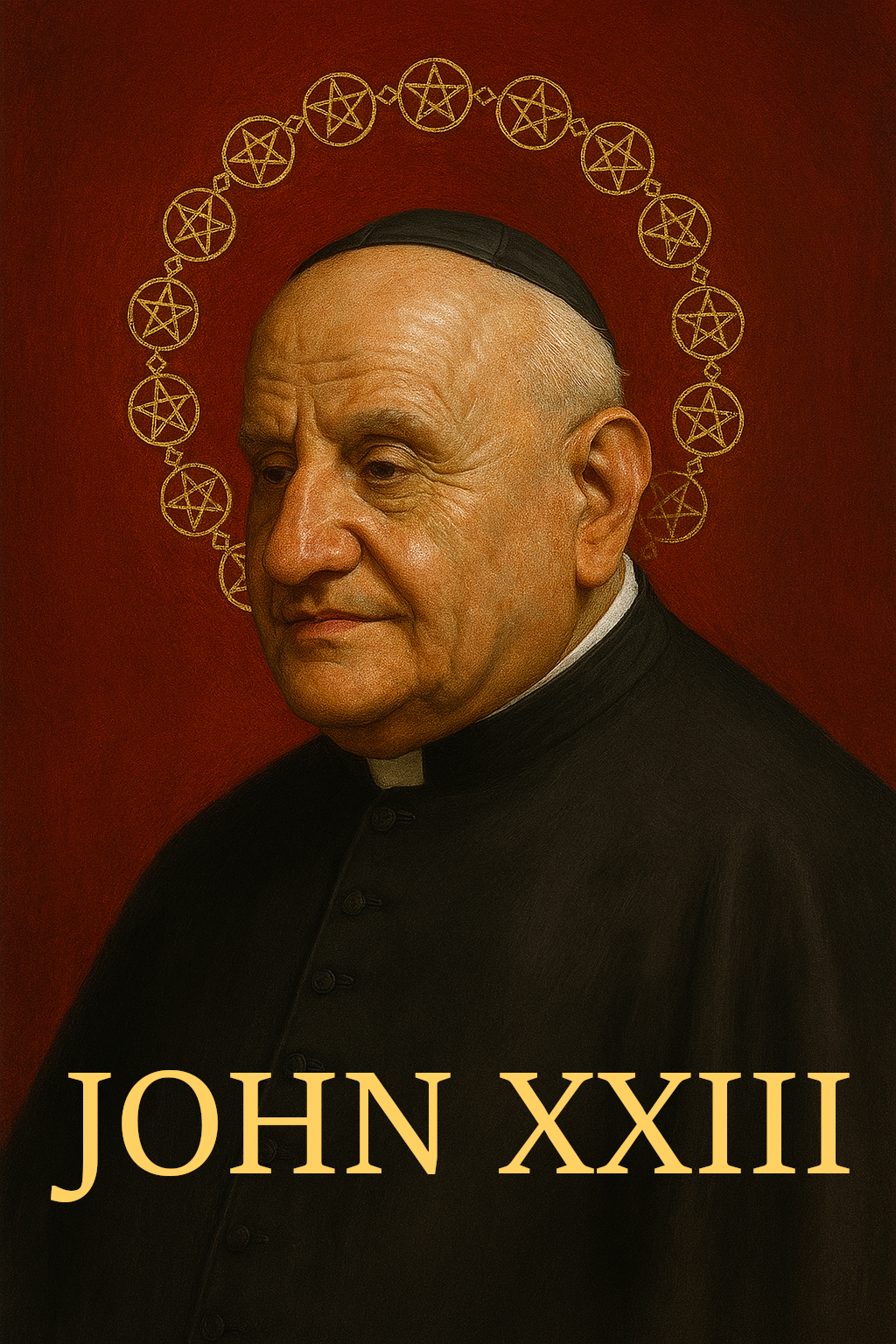
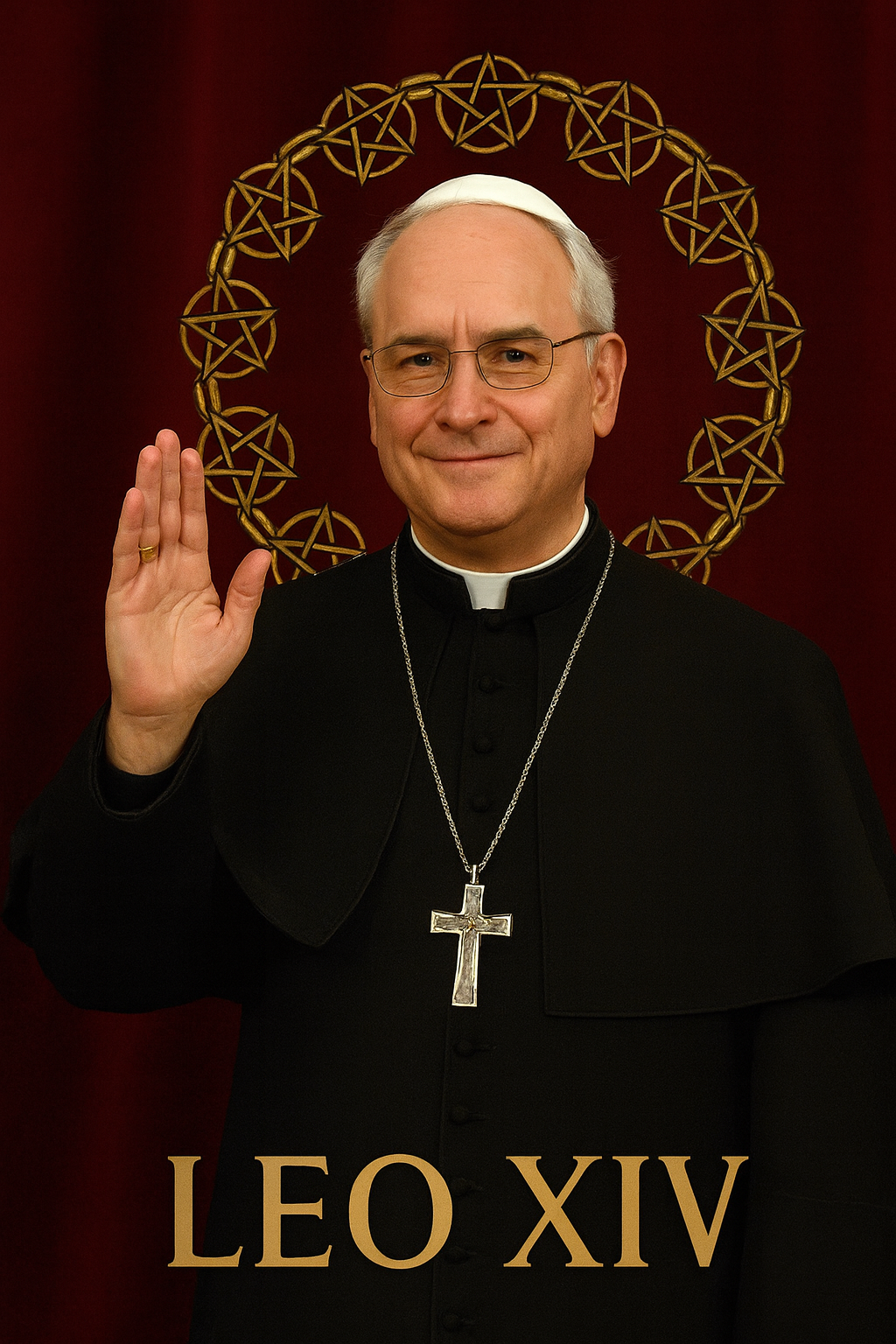


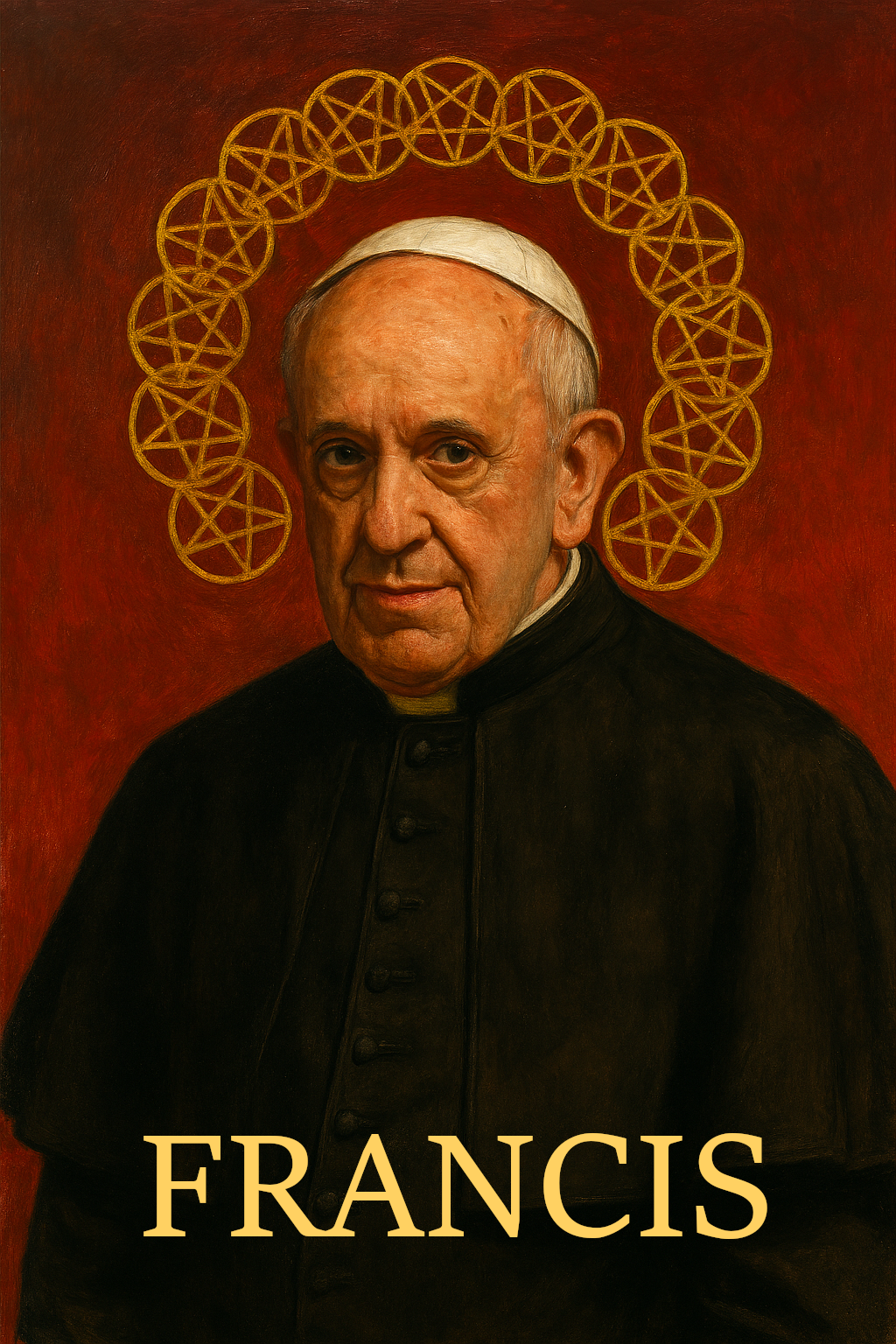


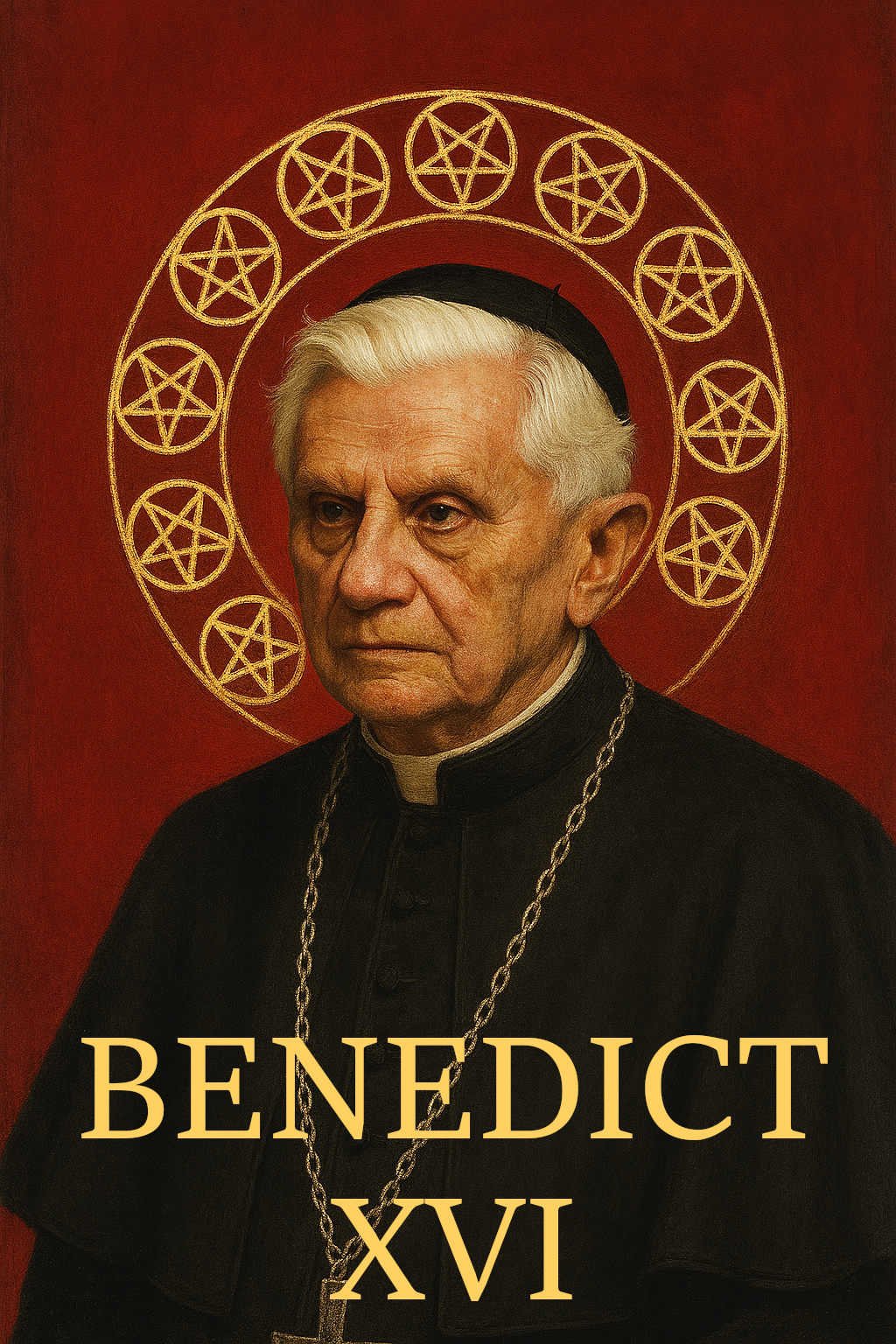


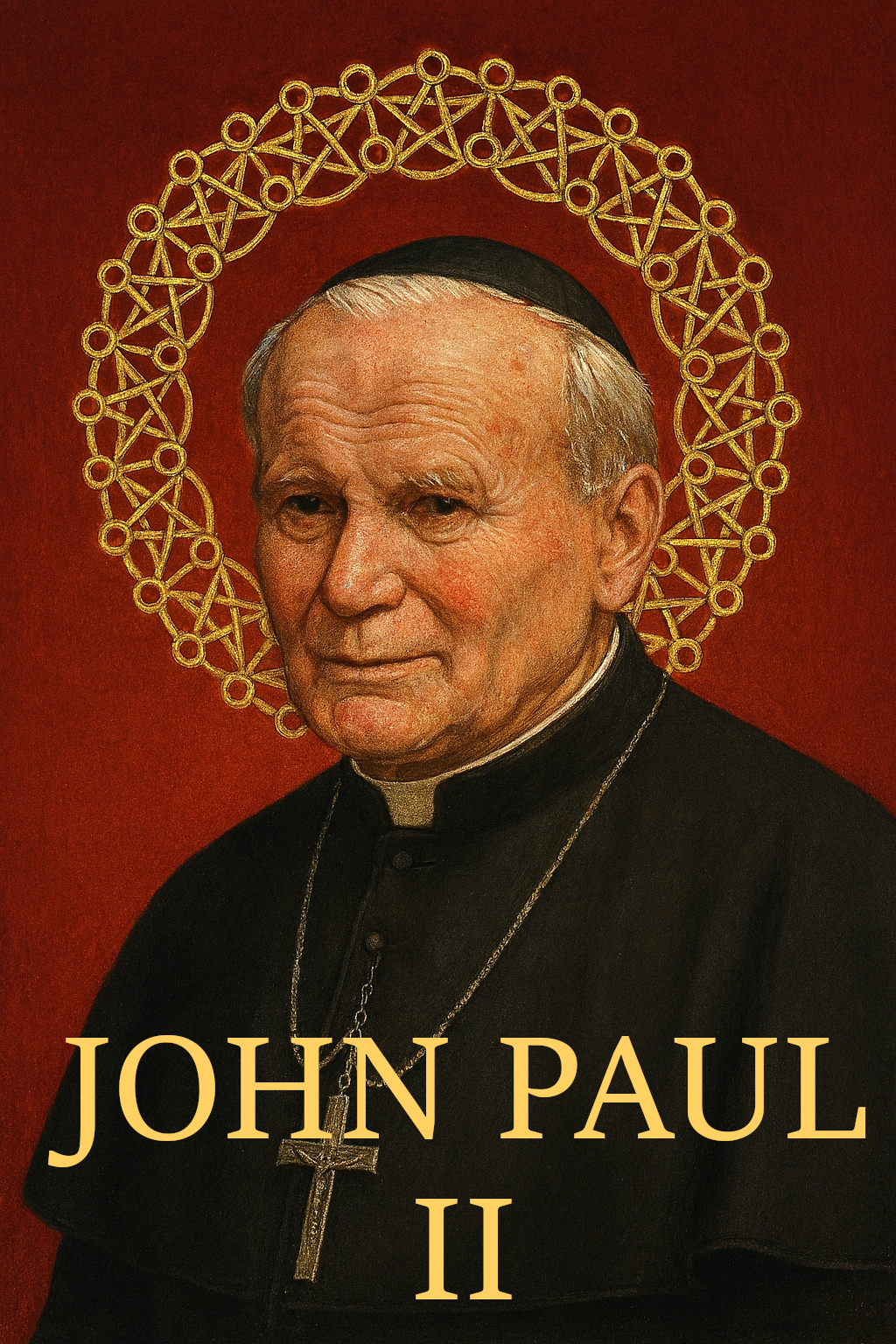


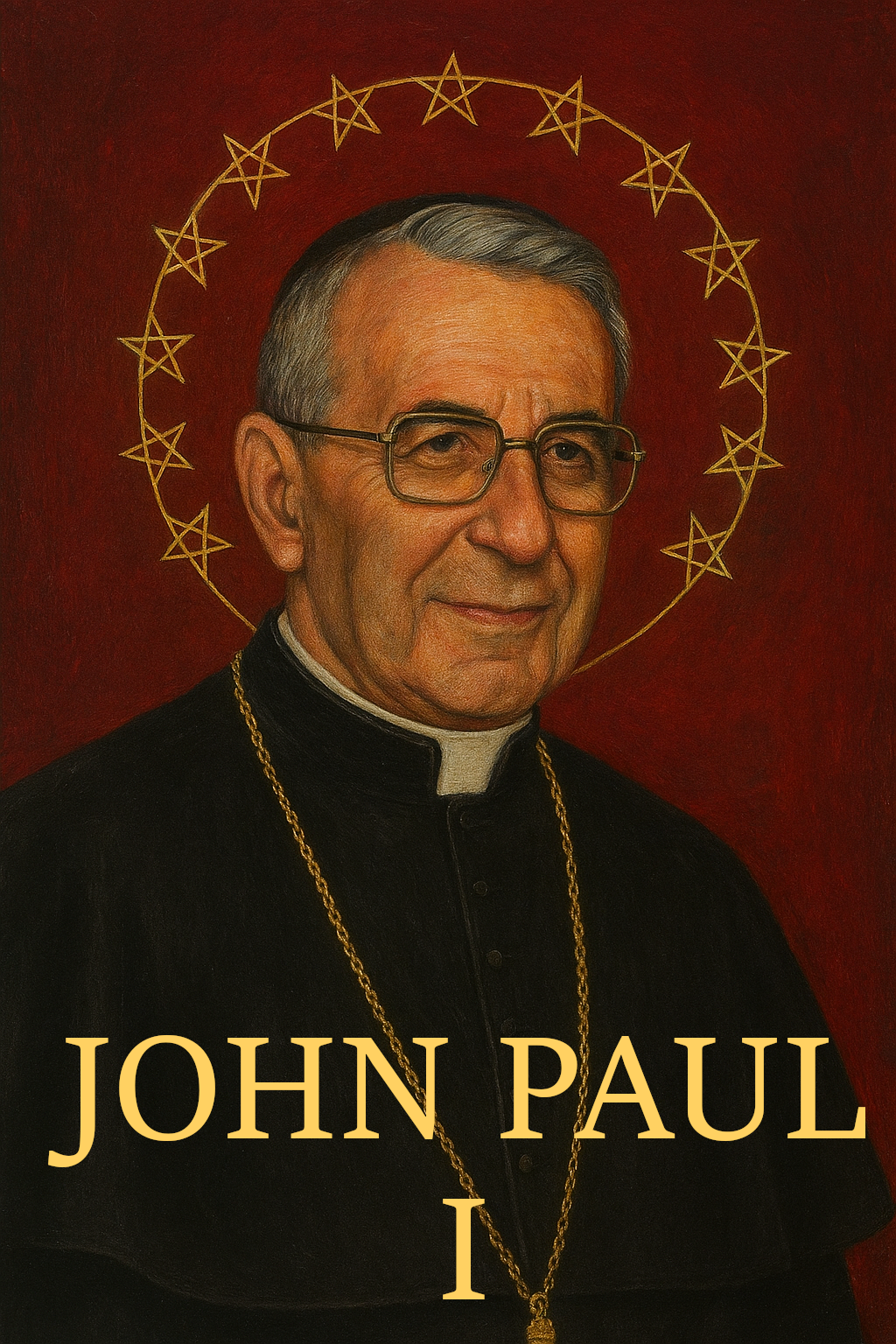


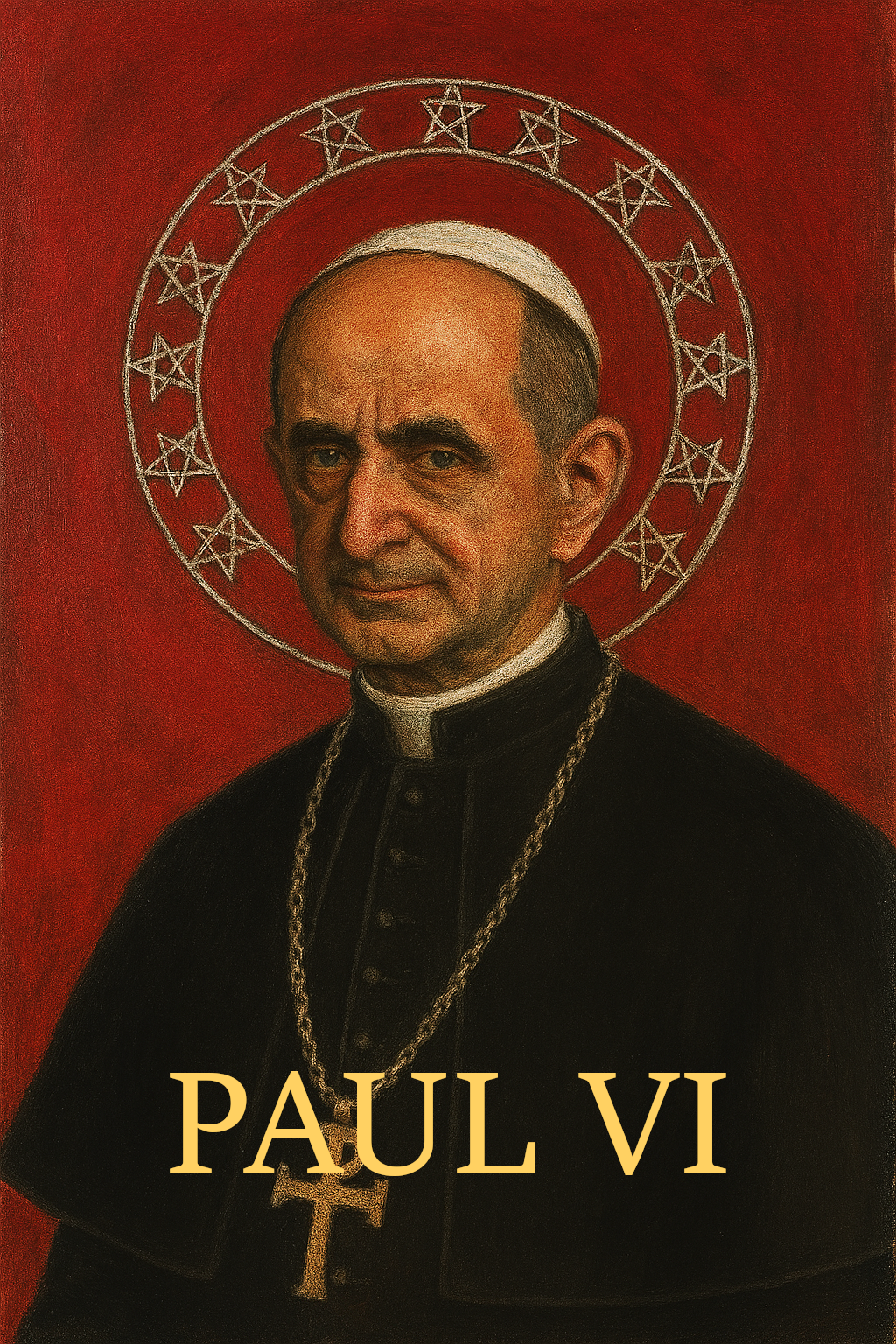


Timeline of this heretical pontiff
Encyclical Letters
+ 15 posts1959
+ 7 posts1961
+ 4 posts1962
+ 2 posts1963
+ 2 postsApostolic Exhortations
+ 3 postsApostolic Constitutions
+ 93 posts1958
+ 6 posts1959
+ 87 postsMotu Proprio
+ 15 posts1958
+ 1 posts1959
+ 1 posts1962
+ 11 postsApostolic Letters
+ 151 posts1958
+ 4 posts1959
+ 63 posts1960
+ 78 posts1961
+ 1 posts1962
+ 4 posts1963
+ 1 postsSpeeches
+ 99 posts1958
+ 2 posts1959
+ 26 posts1960
+ 29 posts1961
+ 16 posts1962
+ 24 postsMessages
+ 6 posts1959
+ 4 postsHomilies
+ 4 postsLetters
+ 152 posts1958
+ 1 posts1959
+ 48 posts1960
+ 32 posts1961
+ 31 posts1962
+ 30 posts1963
+ 10 postsNot categorized
+ 1 posts1958
+ 1 postsNews feed
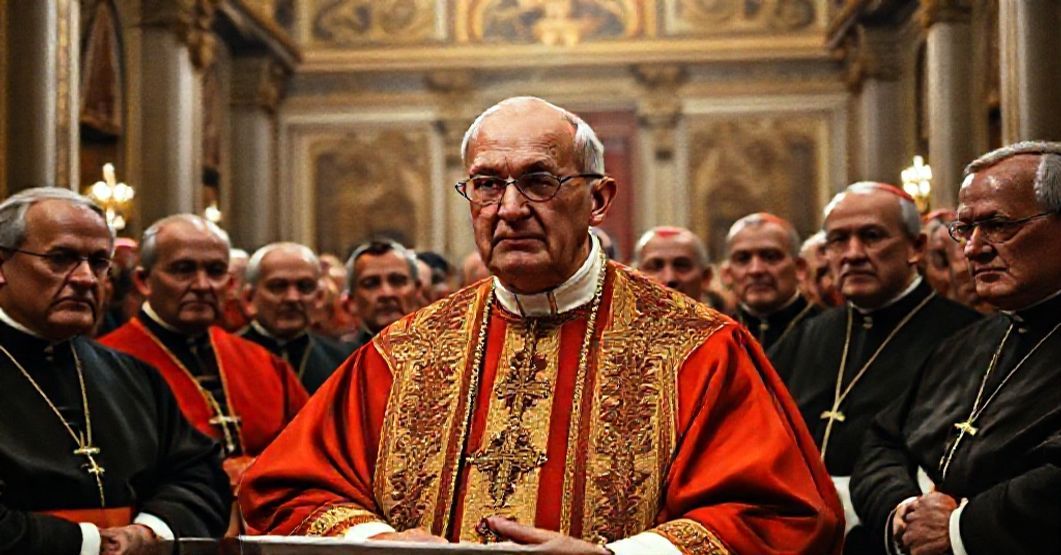

Allocutio Ioannis XXIII (1959.12.14): Blueprint of the Conciliar Revolution
Vatican portal presents the 14 December 1959 secret consistory allocution of John XXIII, spoken before the assembled cardinals, in which he rehearses his first year on the usurped throne, exalts mass pilgrimages and sentimental devotions, laments worldly misfortunes, hints at social-economic redistribution, complains of restrictions on religious liberty (especially in China), and, above all, solemnly announces the Roman diocesan synod and the future so‑called “ecumenical council,” while creating eight new members of the conciliar college, notably Augustin Bea, one of the chief future architects of the ecumenical and interreligious revolution.
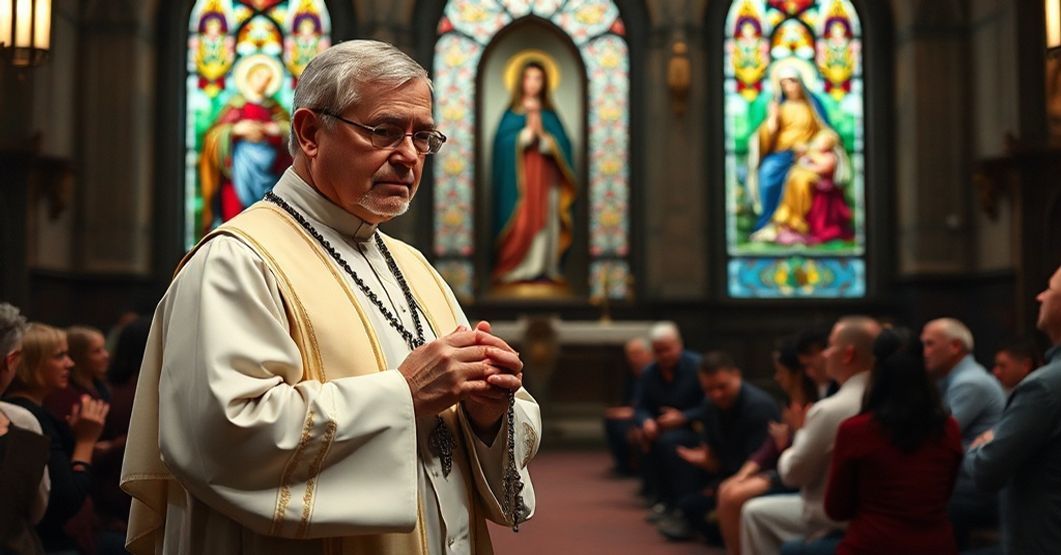

Grata recordatio (1959)
Grata recordatio is presented as an encyclical of John XXIII, dated September 26, 1959, exhorting the episcopate and faithful to the devout recitation of the Marian Rosary (especially in October), recalling Leo XIII’s Rosary encyclicals, evoking the memory of Pius XII, underlining the alleged continuity of the Roman Pontificate, insisting on prayer for peace and for political leaders, condemning in generic terms “laicism” and “materialism,” and finally asking for prayers for the “Roman Synod” and the forthcoming “Ecumenical Council,” portrayed as instruments for the spiritual renewal of the Church and peace among nations.
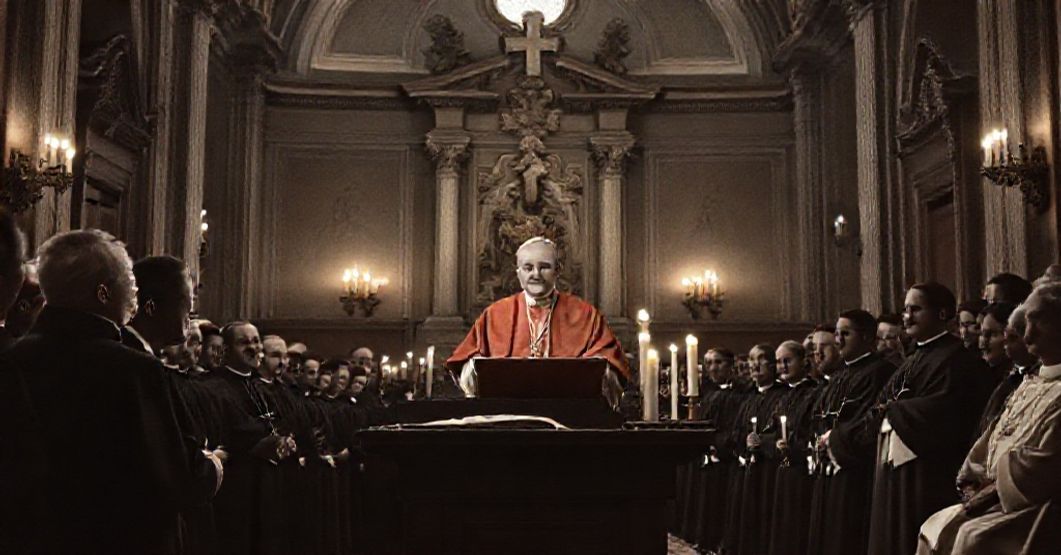

Allocutio Ioannis XXIII ad Teutonicum Collegium (1959.10.11) as Manifest Program of the Neo-Church
The cited article reports a Latin allocution of antipope John XXIII (11 October 1959), addressed to past and present alumni of the Teutonic College of Santa Maria dell’Anima in Rome, on the centenary of its juridical re-foundation by Pius IX. John XXIII flatters the assembled German-speaking hierarchy and clergy, praises the fruits of the college for Church and civil society, exhorts continuity with its traditions, and imparts his “Apostolic Blessing” as a pledge of divine favour. Behind the ornate courtesies and historical references stands a self-legitimating manifesto of the coming conciliar revolution, cloaked in sentimental rhetoric and severed from the integral Catholic doctrine it pretends to honour.
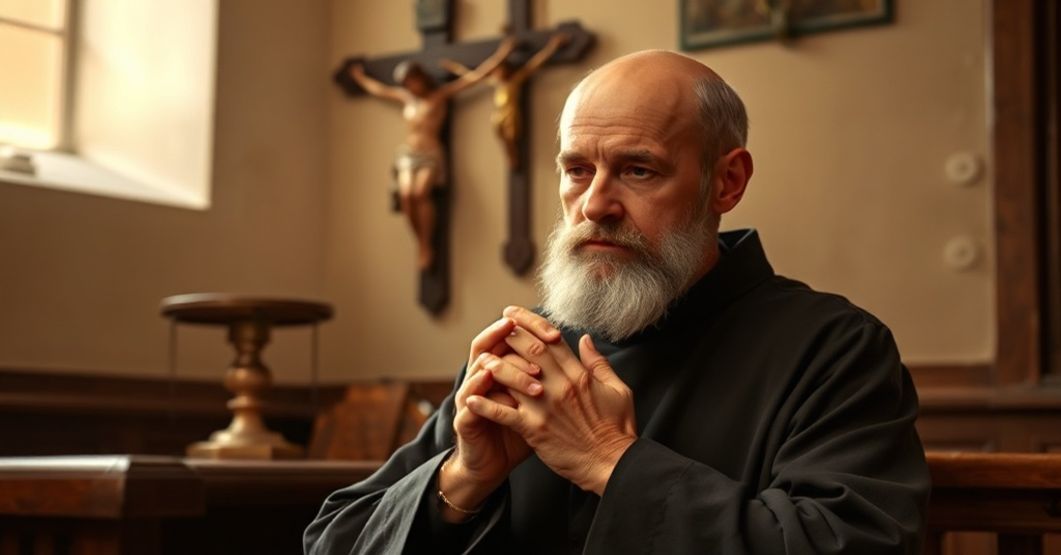

Sacerdotii Nostri Primordia (1959.08.01)
Sacerdotii Nostri Primordia is presented as an encyclical of John XXIII on the centenary of the death of St John Mary Vianney, addressed to bishops “in peace and communion with the Apostolic See.” It exalts Vianney as model of priestly asceticism, prayer, Eucharistic devotion, pastoral zeal, and especially of tireless work in the confessional; it weaves in numerous quotations from Pius X, Pius XI, and Pius XII, and ends with an appeal for priestly holiness, vocations, and Marian devotion (notably Lourdes and the Immaculate Conception). Behind this apparently edifying presentation stands the signature and program of the one who inaugurated the conciliar revolution, making this text a manifesto for neutralizing authentic pre-conciliar doctrine and co‑opting true sanctity into the emerging conciliar sect.
Varia
Announcement:
– News feed –implemented
– Antipopes separate web sites with their all documents refutation – in progress
